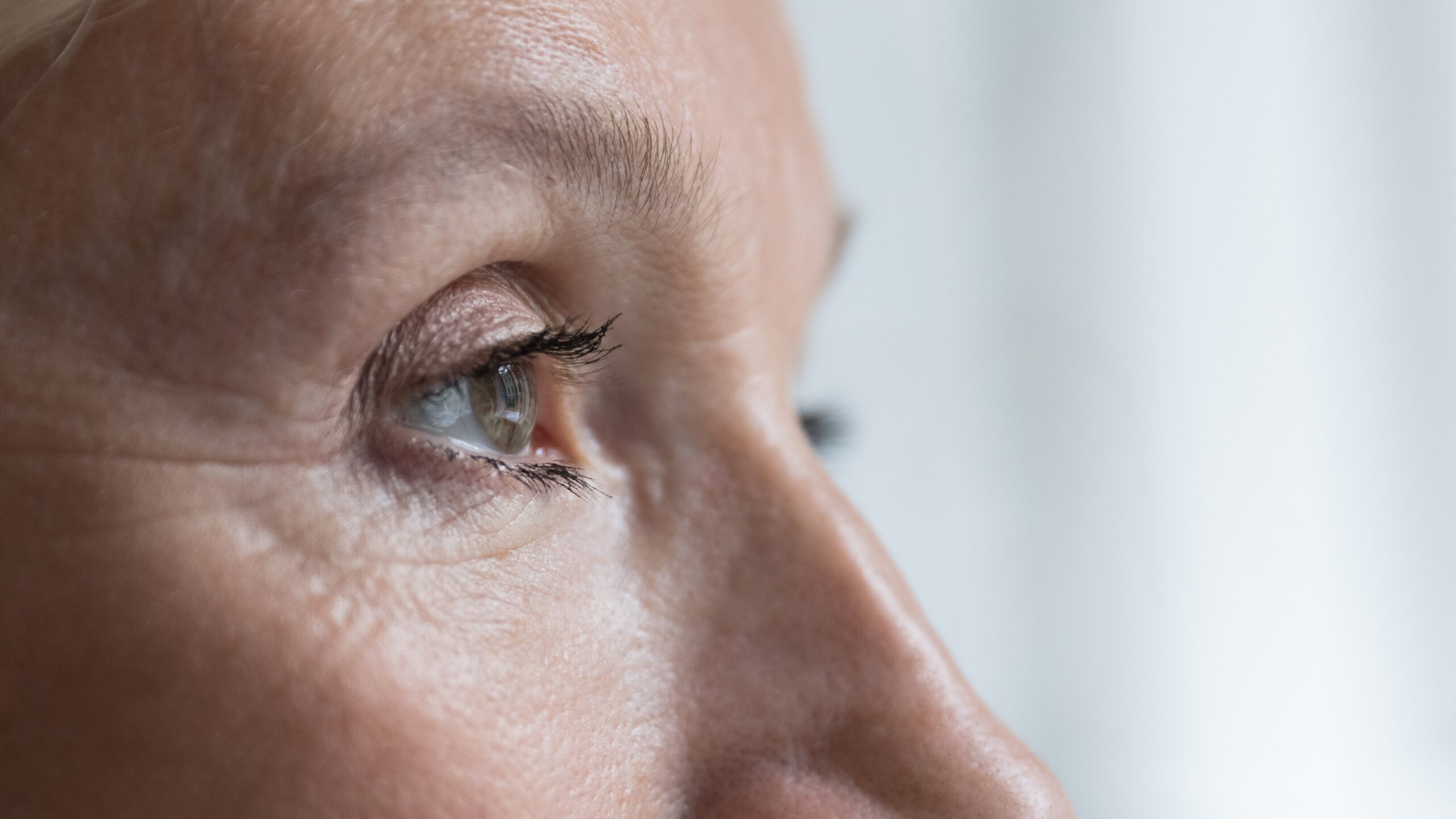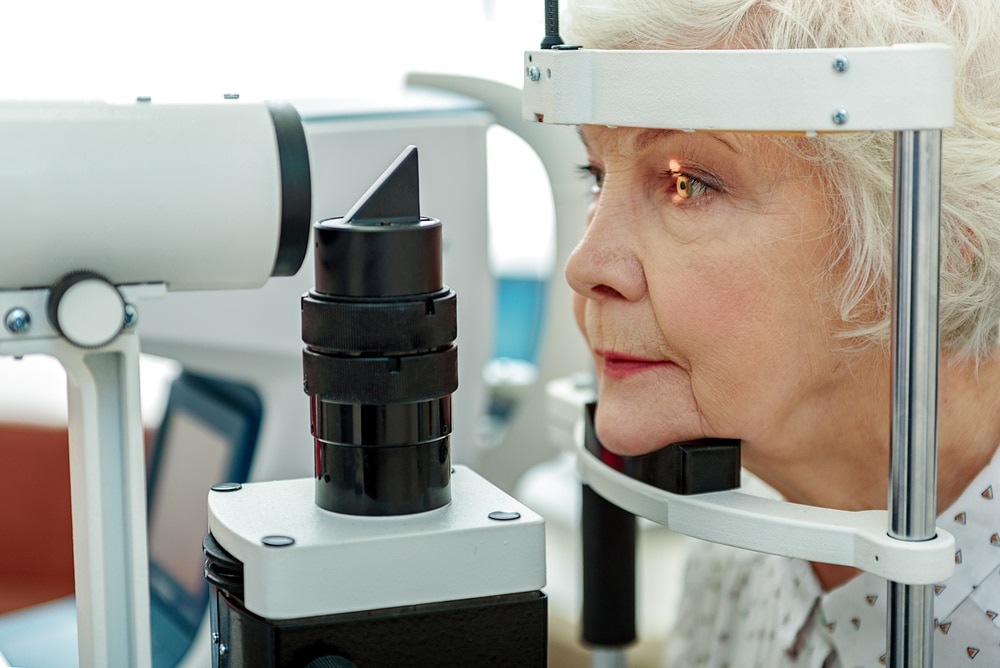What is Glaucoma?
Glaucoma is a group of eye disorders that damage the optic nerve. The optic nerve plays an important role in vision, as it sends signals from the retina to the brain, creating images. When the optic nerve is damaged, it can lead to poor vision or even vision loss and blindness.
In most cases of glaucoma, fluid builds up in the front of the eye, putting high eye pressure on the optic nerve and gradually damaging it. This pressure is called intraocular pressure (IOP). This condition can affect individuals of any age, though it is most common in older adults or those with diabetes.
Overall, there are several different types of glaucoma, including:
- Open-angle: This is the most common form of glaucoma, and happens when small deposits build up in the drainage canals of the eye, clogging them over time. This can cause fluid to build up, putting pressure on the optic nerve. Common symptoms of primary open-angle glaucoma include patchy blind spots or tunnel vision.
- Closed-angle: This form of glaucoma comes on suddenly and occurs when the angle between the iris and cornea is too narrow. This causes drainage canals to become blocked, elevating eye pressure, which can result in eye pain and headaches. Symptoms of angle-closure glaucoma may include severe headaches, eye pain, blurred vision, nausea and vomiting, halos around lights, and redness of the eyes.
- Normal-tension: With this type of glaucoma, your optic nerve becomes damaged even though your eye pressure is normal. It is not known exactly why this occurs, though it is more common among those of Asian descent.
- Congenital: Sometimes, children are born with glaucoma or develop it within the first few years of their life. This may occur when drainage canals do not form properly in the womb, or an underlying medical condition is present.
KNOW YOUR DOCTOR
Dr. Archana Gupta
Cataract Surgeon, Ophthalmologist, Cornea & External Diseases Specialist
Dr. Archana Gupta is a board certified ophthalmologist. She specializes in cataract, cornea, external diseases and refractive surgery.




Glaucoma Treatment Options
While the damage that glaucoma has already caused cannot be reversed, treatment can help to slow or prevent vision damage or loss if the disease is caught in the early stages. The main goal of treatment is to lower your intraocular pressure, which can be achieved through the following methods:
Prescription eye drops: Eye drops prescribed by your doctor can treat glaucoma by decreasing high eye pressure, improving fluid drainage from the eye, or decreasing the amount of fluid your eye creates. There are a number of different types of prescription eye drops used for glaucoma, so you will need to speak with your eye doctor to determine which type is best for you.
Oral Medications: If eye drops alone are not successful in lowering your eye pressure, you may also be prescribed an oral medication called a carbonic anhydrase inhibitor.
Laser treatments: Laser treatments are an effective option to help improve fluid drainage from the eye. This option is often used along with prescription eye drop use, and results can last up to five years.
Minimally invasive glaucoma surgery (MIGS): MIGS techniques are designed to lower eye pressure with less trauma and faster recovery compared to traditional surgery. These procedures often target the eye’s natural fluid drains to improve outflow while reducing the risk of complications.
Traditional surgery: Glaucoma surgery is another treatment option to quickly lower eye pressure. It can also help to slow down vision loss, but cannot restore lost vision. There are a number of glaucoma surgeries that can be performed today. Your doctor will speak with you regarding which one is appropriate for your case.
Glaucoma FAQs
What are the main types of glaucoma?
What symptoms indicate I might have glaucoma?
What treatment options are available for glaucoma?
Is it possible to reverse vision loss caused by glaucoma?
How often should I get my eyes checked to prevent glaucoma-related vision loss?
Schedule Your Appointment
The best way to prevent vision loss from glaucoma is early detection through routine eye exams. Contact Advanced Eye Surgeons today to schedule your eye assessment with Dr. Gupta today.
TRUST THE RESULTS
CONTACT US
If you have a question or would like to schedule an appointment, please fill out and submit our online form.
“Everyone deserves to witness the beauty of our world in its full glory.”




